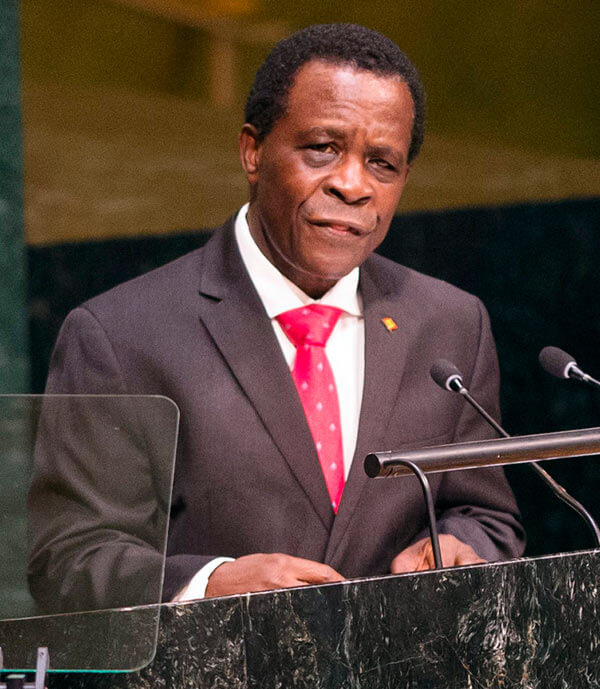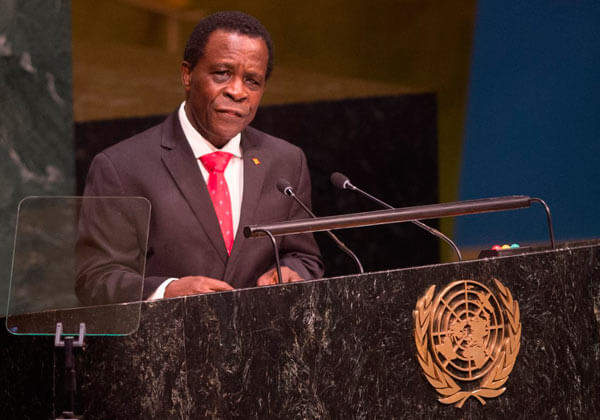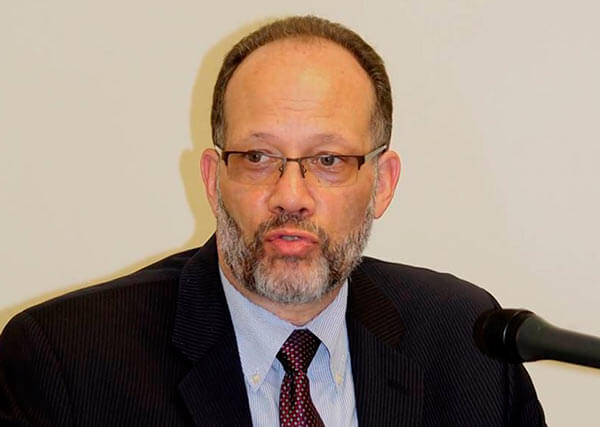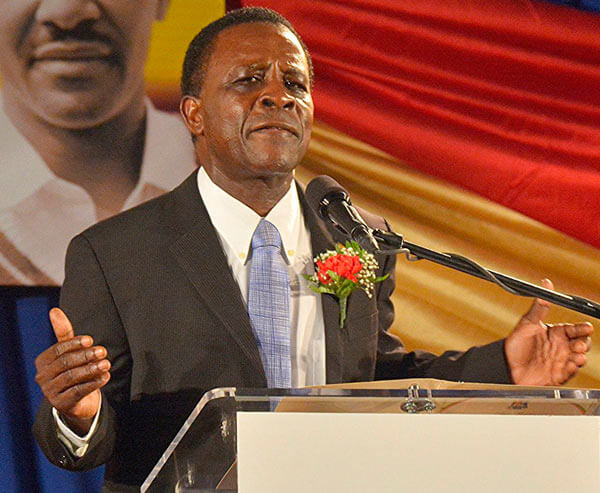General elections in Jamaica in the past week have given the Caribbean Community (CARICOM) its unprecedented third government with a razor thin one-seat majority fueling fears that the islanders will soon be asked to go to the polls again.
The opposition Jamaica Labor Party (JLP) which had been in the political wilderness for the most of the past 20 years except for a brief four-year stint in government up to 2011, wrested government from Portia Simpson-Miller’s People’s National Party (PNP) by 32-31 seats but analysts say that the political dust, which the polls have ripped up have pushed the country into unfamiliar waters.
Jamaica now joins Guyana and St. Vincent as the three members of the 15-nation group of nations, which are being run with governments barely hanging on by a one-seat parliamentary majority but even though some pundits think this will not present major problems, both parties are preparing for the very strong possibility of fresh elections in a matter of months.
Caribbean-born, U.S.-based academics David Hinds and Wazir Mohamed both think that political tribalism in the region is as strong as ever and there may not be that much ideological and functional differences between the dominant political players in most of the countries.
“This tells us that the electorates are evenly divided. We are a 50-50 electorate. Political tribalism is now as sharp as ever. In many regards it is worse than before. It means that the major parties are able to mobilize their bases equally. But they are not able to convince so-called independents or the alienated voters to vote for them,” said Hinds, an associate professor of Caribbean and African Diaspora Studies, School of Social Transformation at Arizona State University.
Mohamed, also an associate professor at Indiana East University argues that the ideological fault lines, which had separated and made parties distinct from each other in the past, have disappeared “as all appear to be following the neo liberal agenda and are bowing to the dictats of the IMF and the World Bank. This represents the turmoil that exists in economies. There is no longer a clear divide among the parties.”
Hinds pointed to statistics to prove his argument, noting that “in the six elections held in the last year, the popular vote were as follows: St. Vincent and the Grenadines 52.28 percent – 47.72 percent; Belize 50.52 percent – 49.48 percent; Guyana 50.30 percent – 49.70 percent; St. Kitts-Nevis 50.8 percent – 49.2 percent (in favor of the Opposition); Trinidad and Tobago 51.68 percent – 48.32 percent; Jamaica 50.13 percent –49.87 percent.”
But even as Andrew Holness was preparing to begin work as the newest Jamaican prime minister, his former mentor and head of government Bruce Golding says that uncertain times are ahead but the JLP might just be able to hold off the PNP for a while yet.
“When I found myself in 2007 with a majority of four seats, I certainly thought that was a nightmare in and of itself but while it is going to be challenging to administer a government with a one-seat majority, it is not a constitutional crisis and there is no reason why a government cannot function with a one-seat majority,” he told reporters this week.
A day before the final results were made known, the very same Golding correctly summed up the island current political situation as being “in uncharted waters.”
“We have never had this kind of situation, so in a sense, it is uncharted waters, but it is not unchartable waters. It is going to be challenging for the prime minister and the government, but there is precedence for it in the Caribbean,” he told reporters.
Back in 2003, Keith Mitchell, currently the prime minister of Grenada and one of the most senior leaders in CARICOM, lasted out his five-year term with one seat.
“We had a situation in Trinidad in 2001 when they ended up with an 18 – 18 split. The president at that time had to decide which of the two he was going to choose. He chose the one that was there before, and that government continued for about 10 months before they called an election,” he pointed out.
























